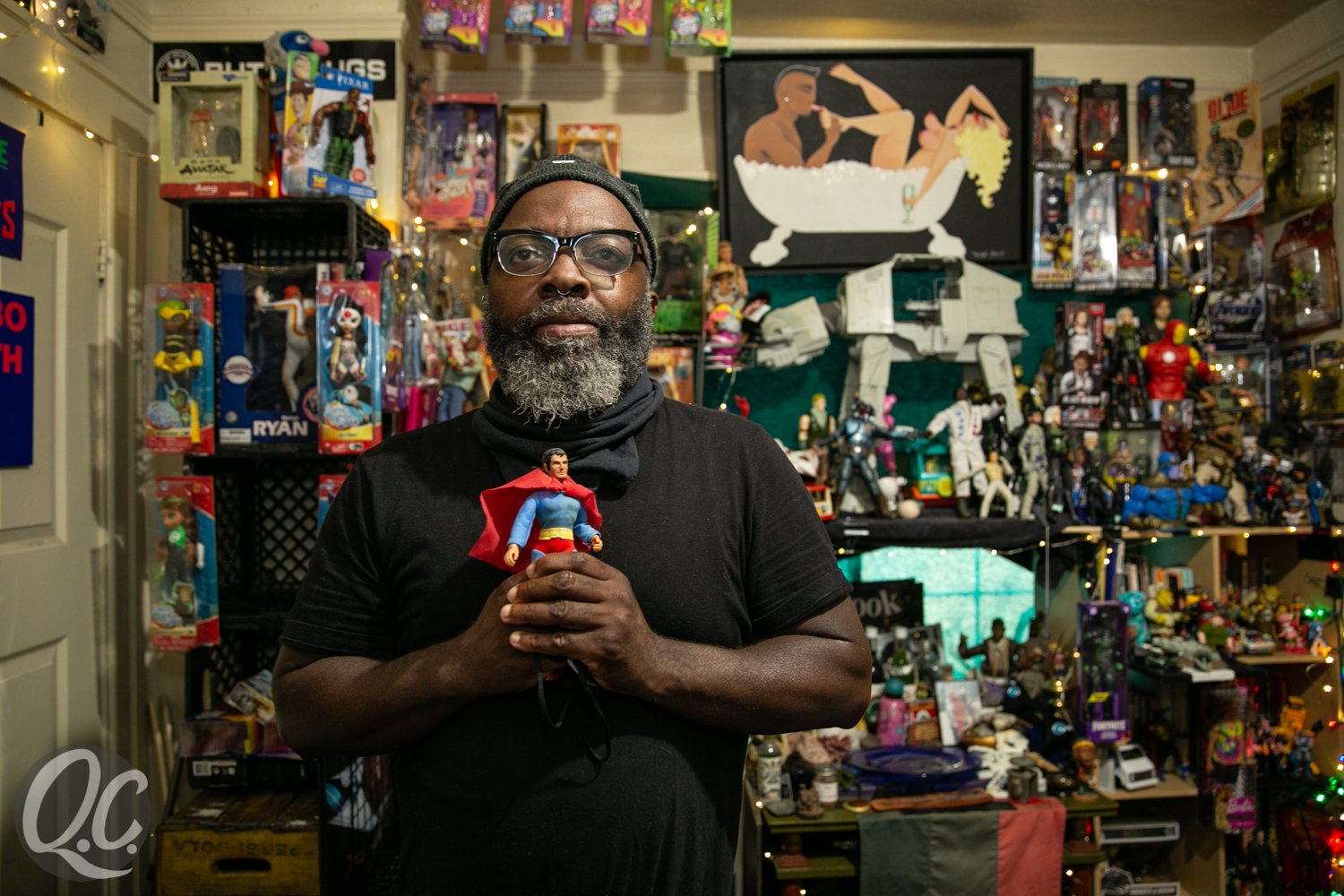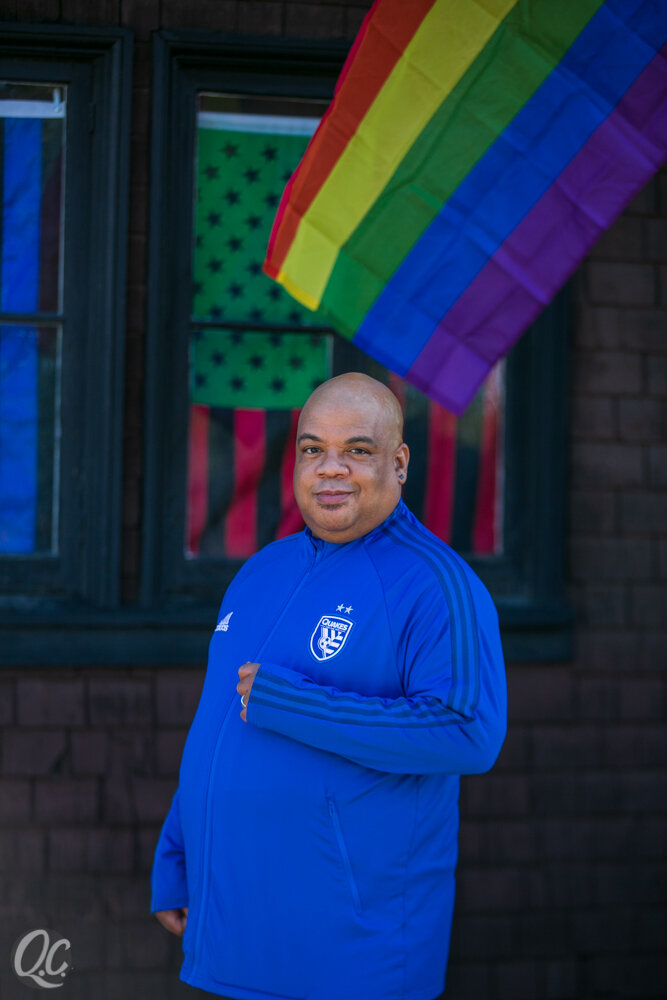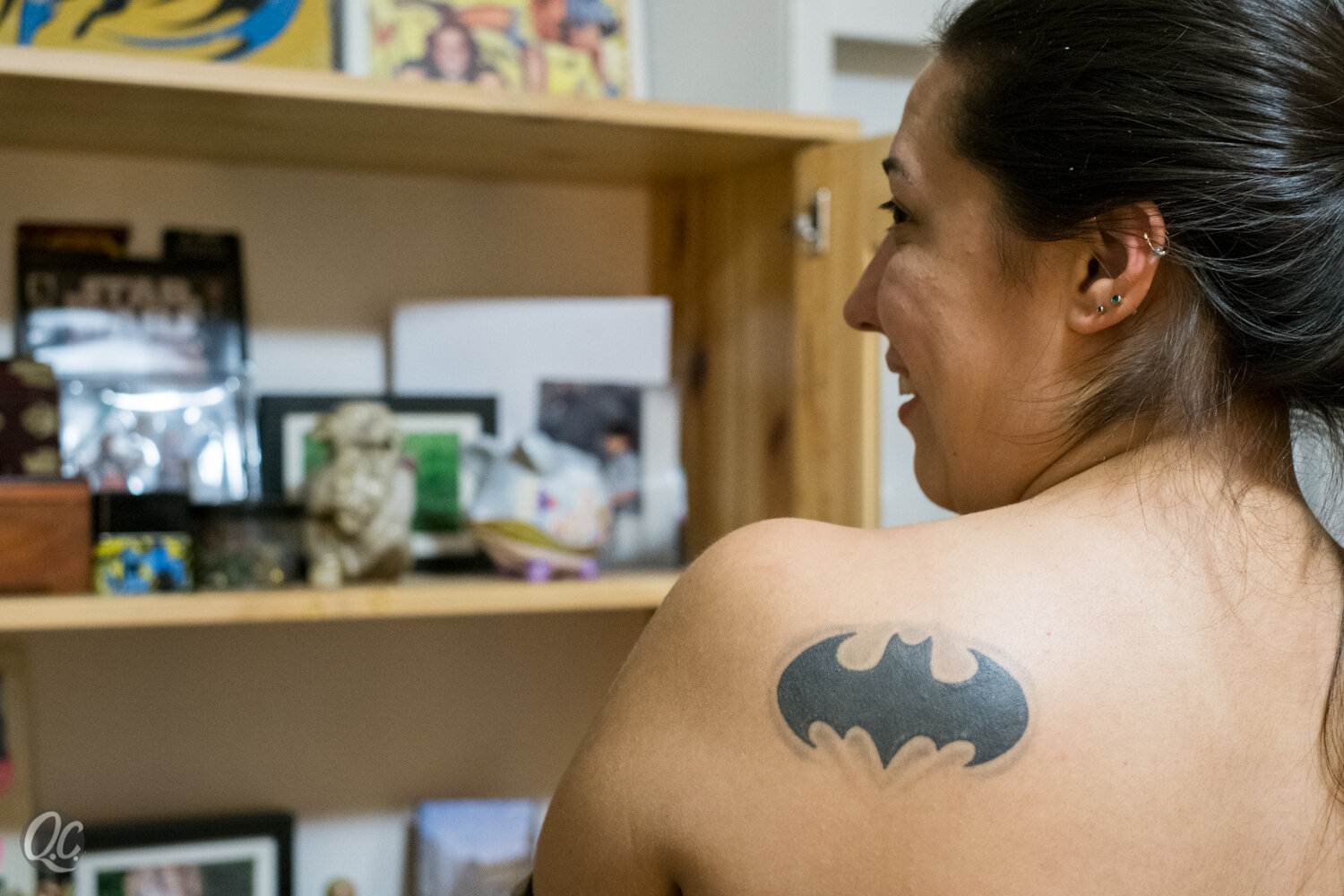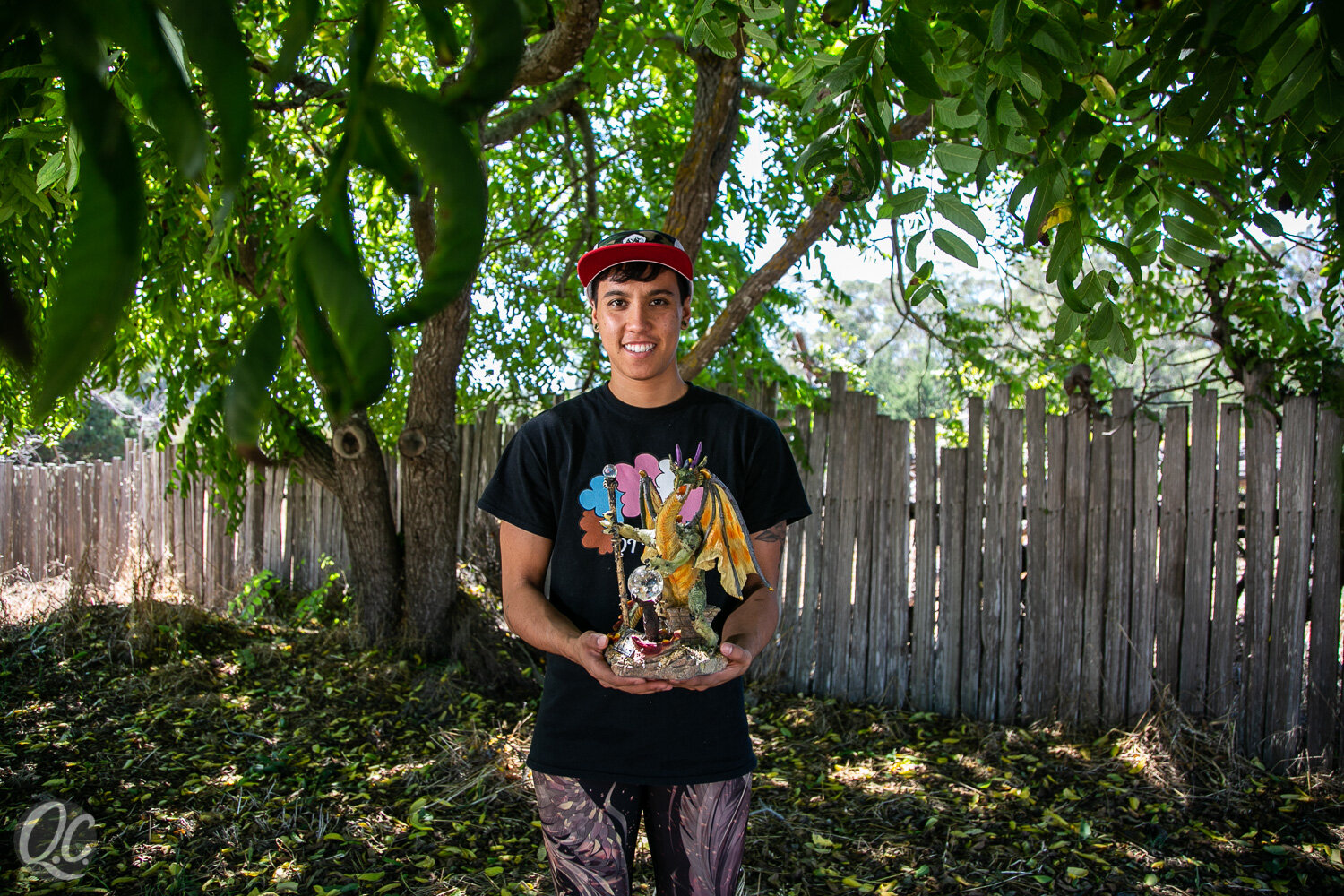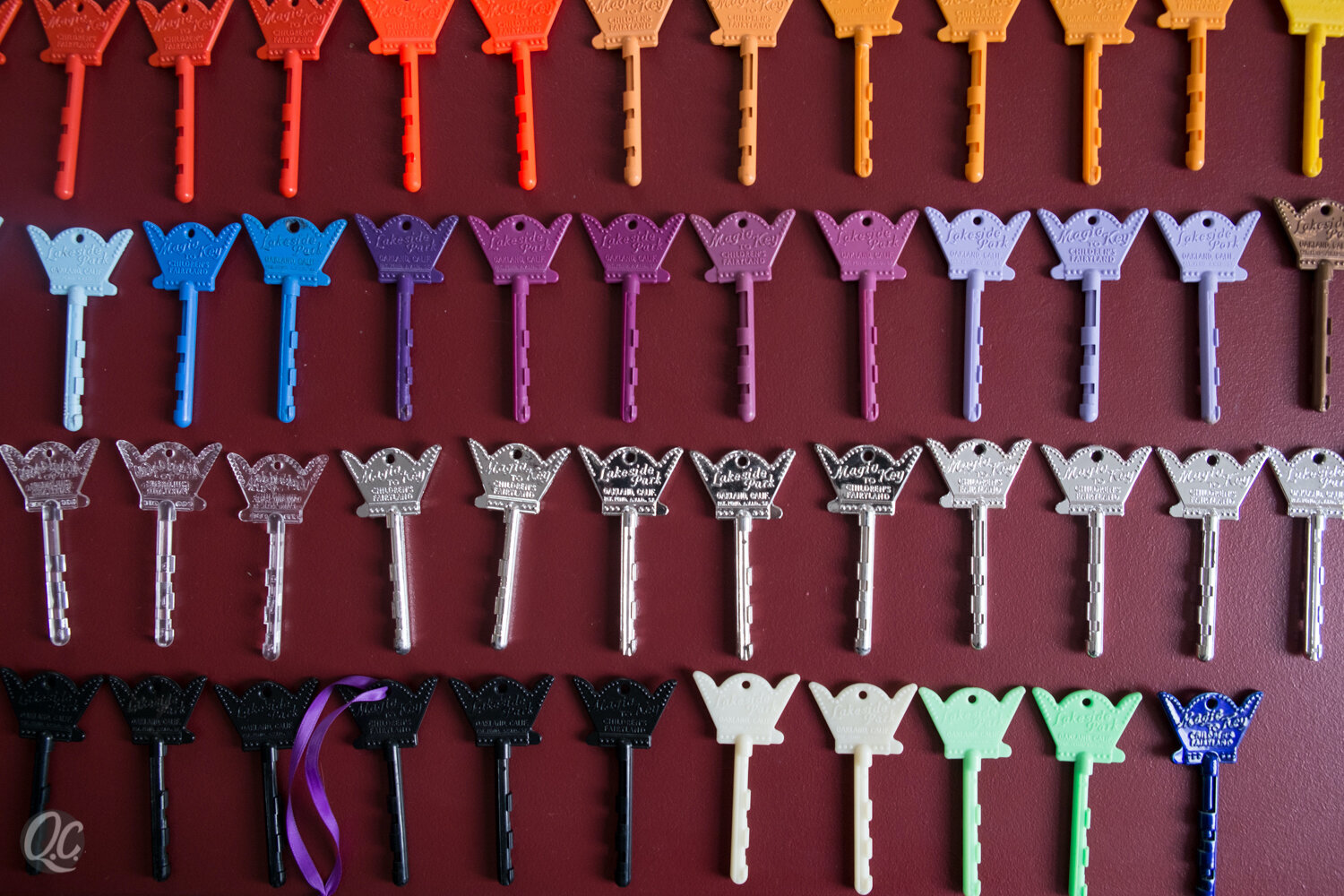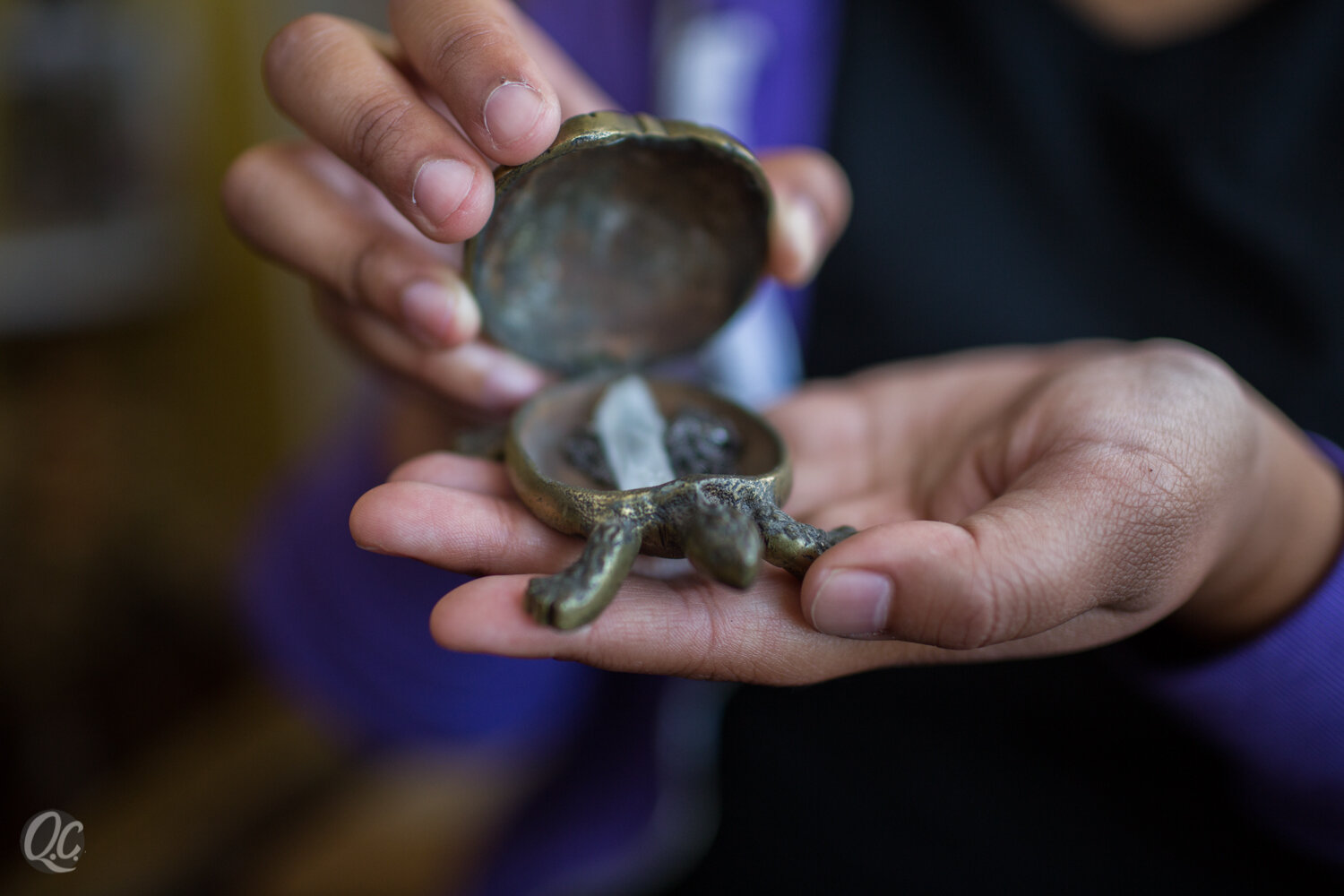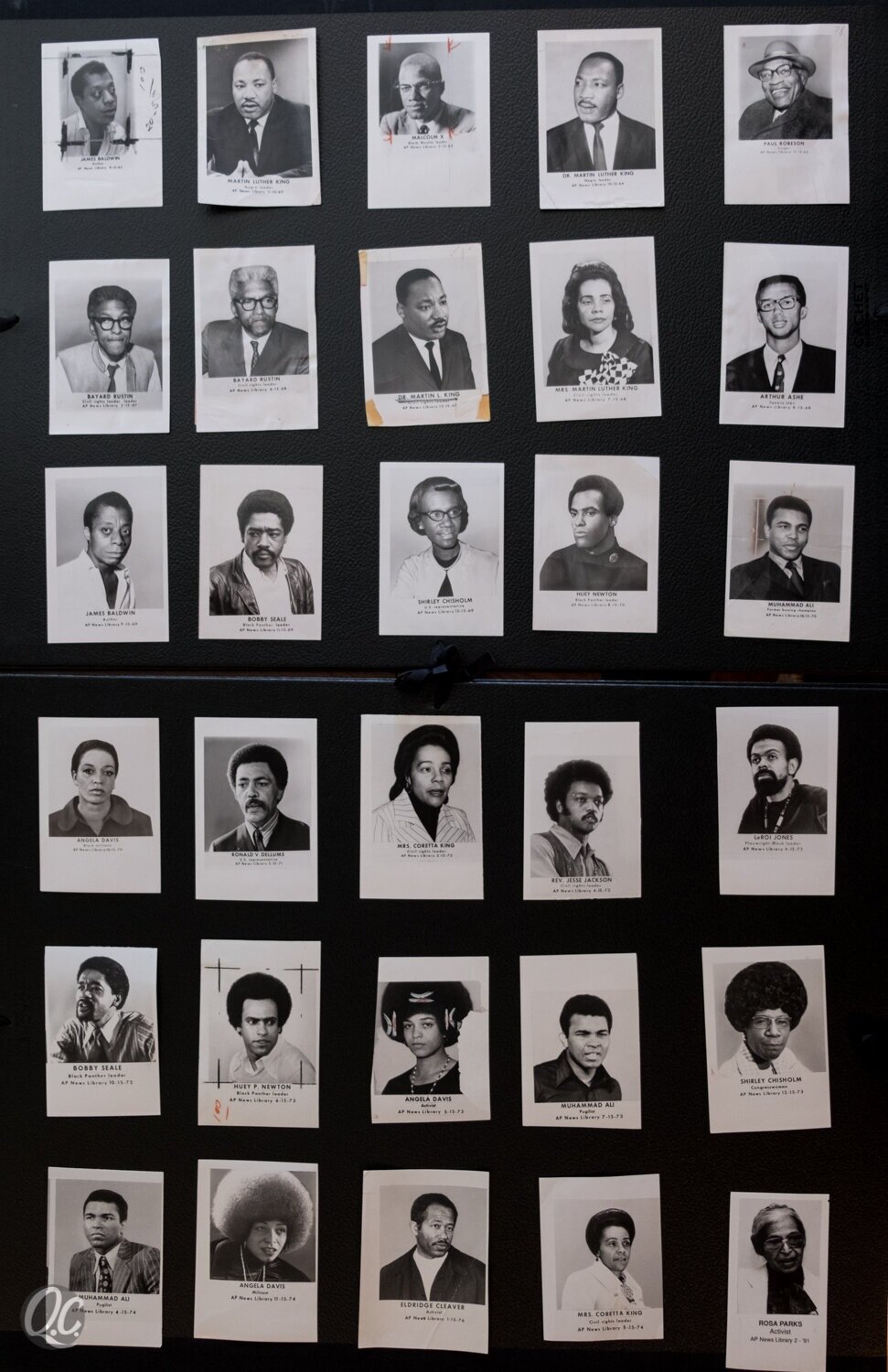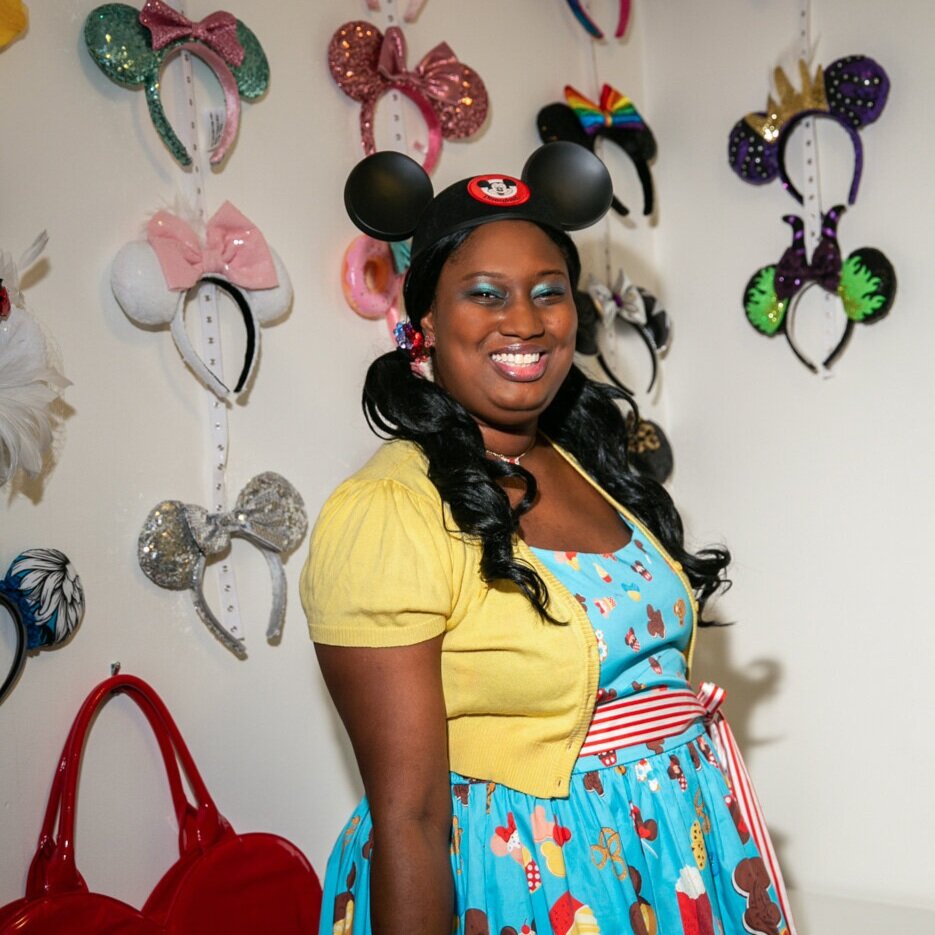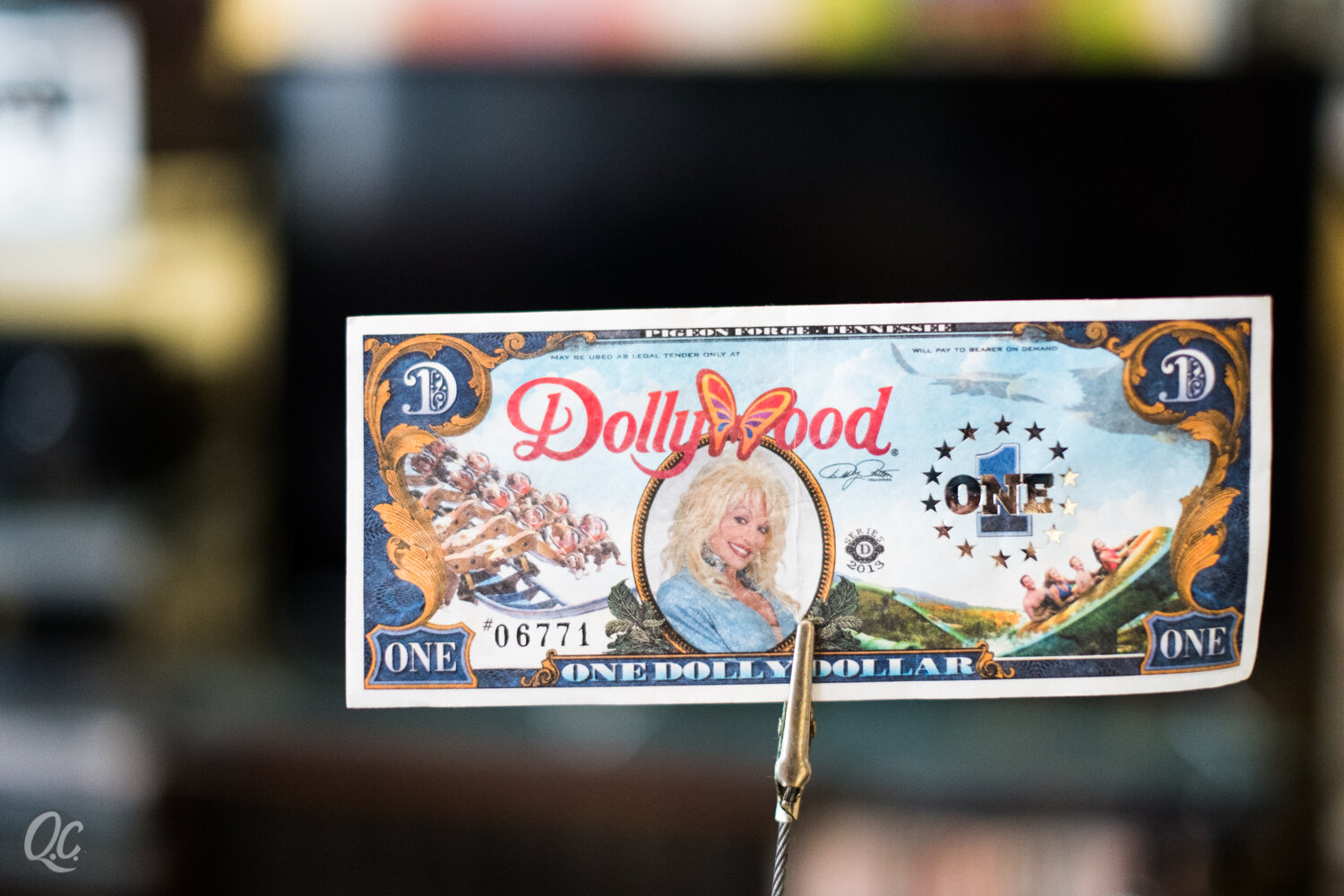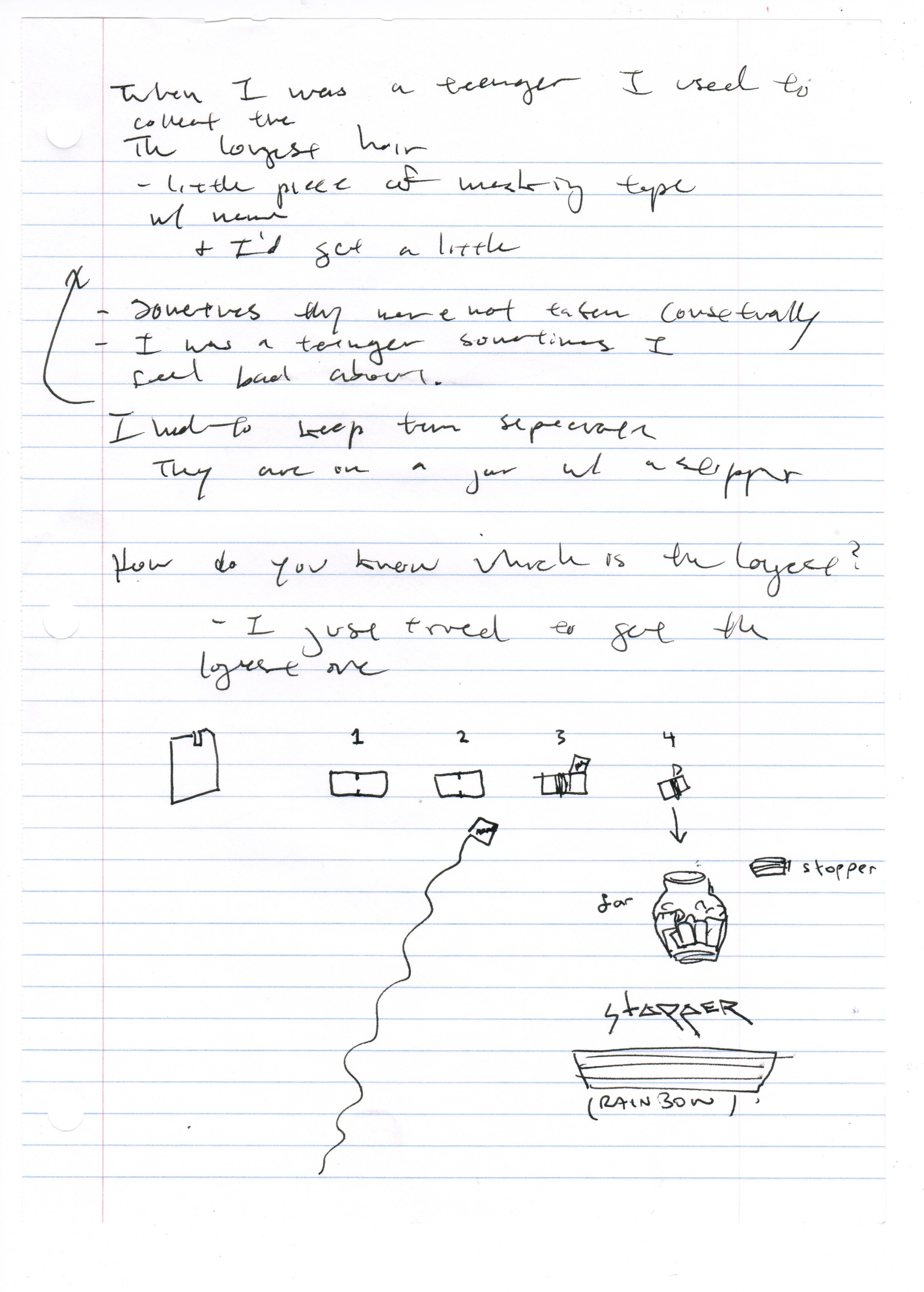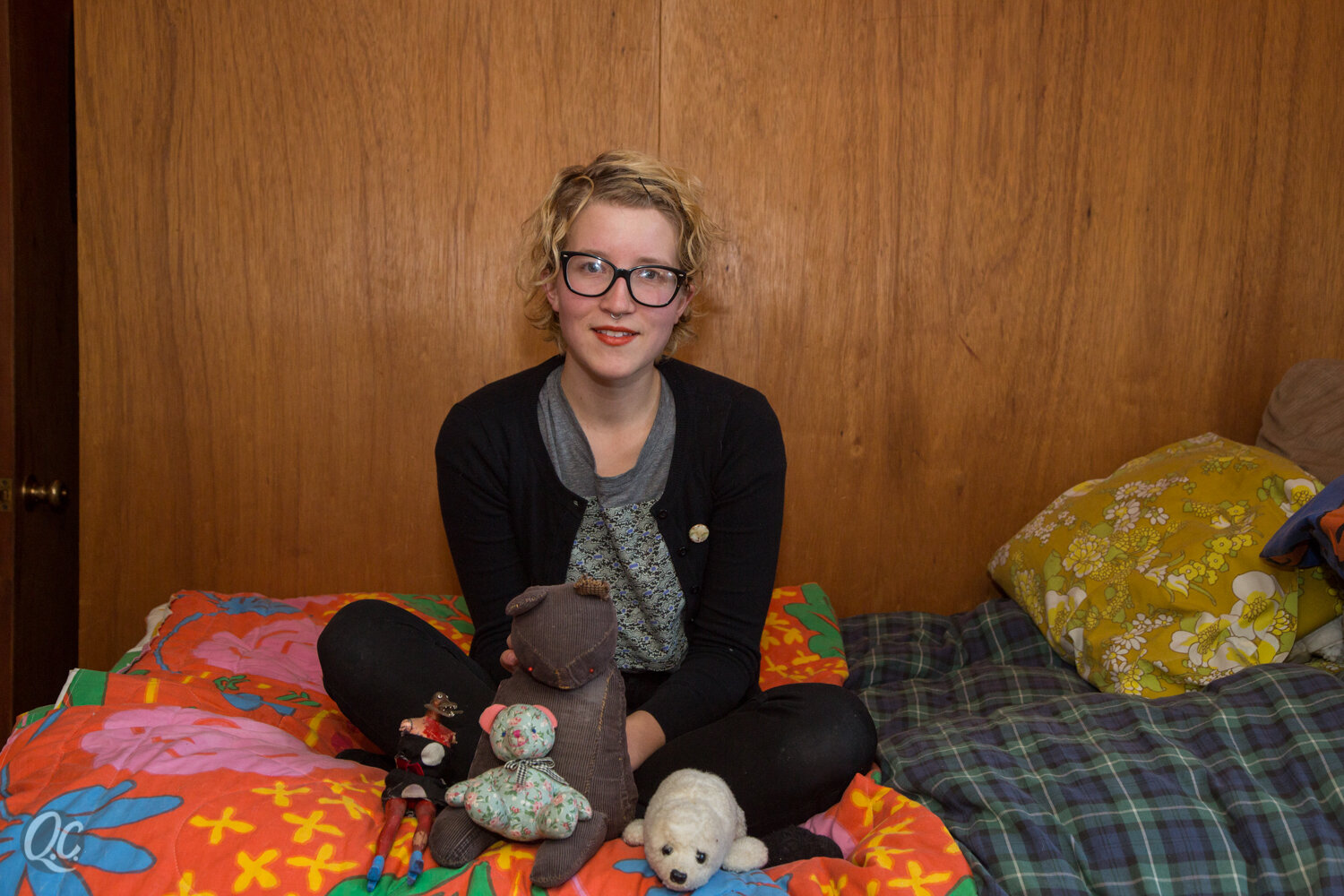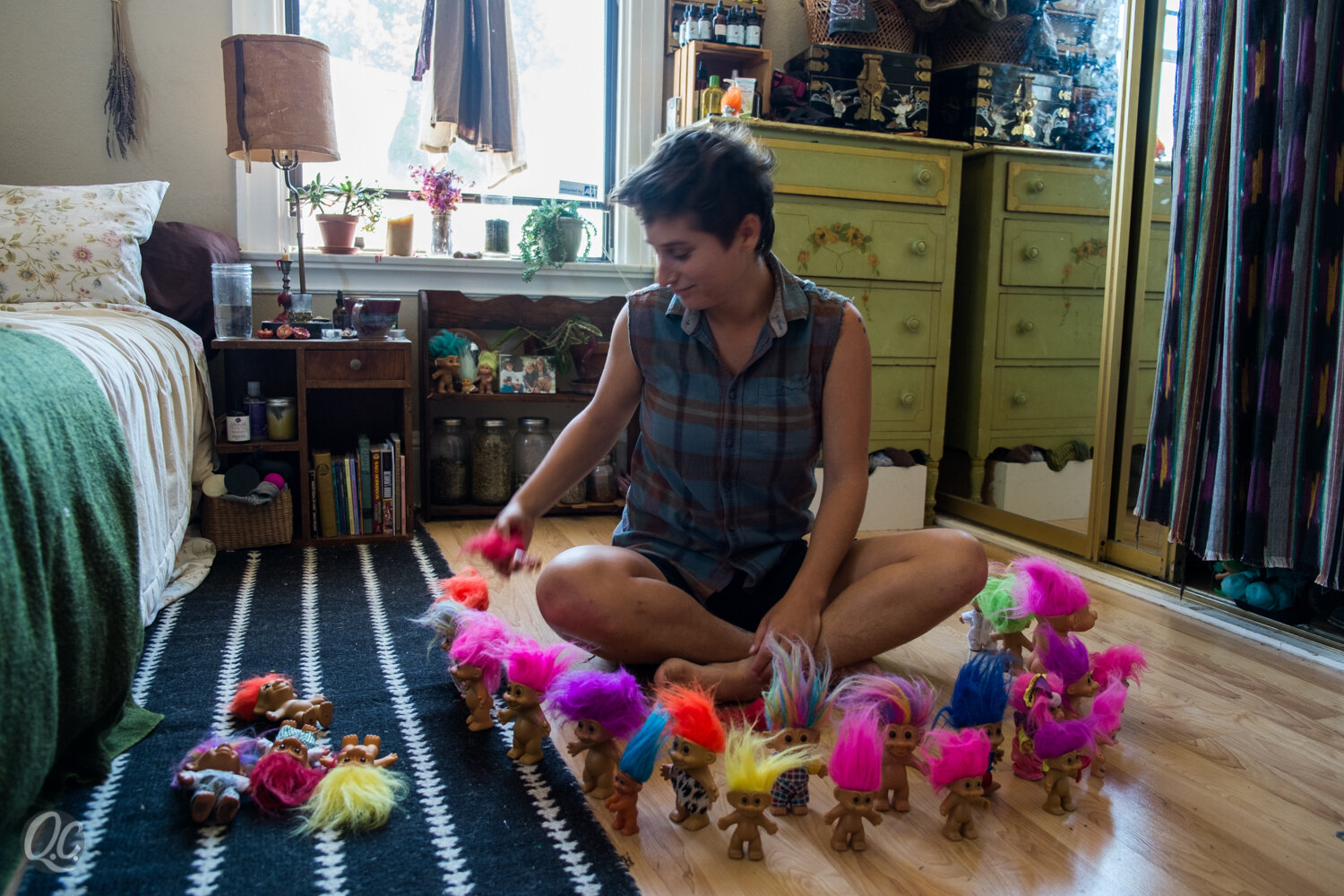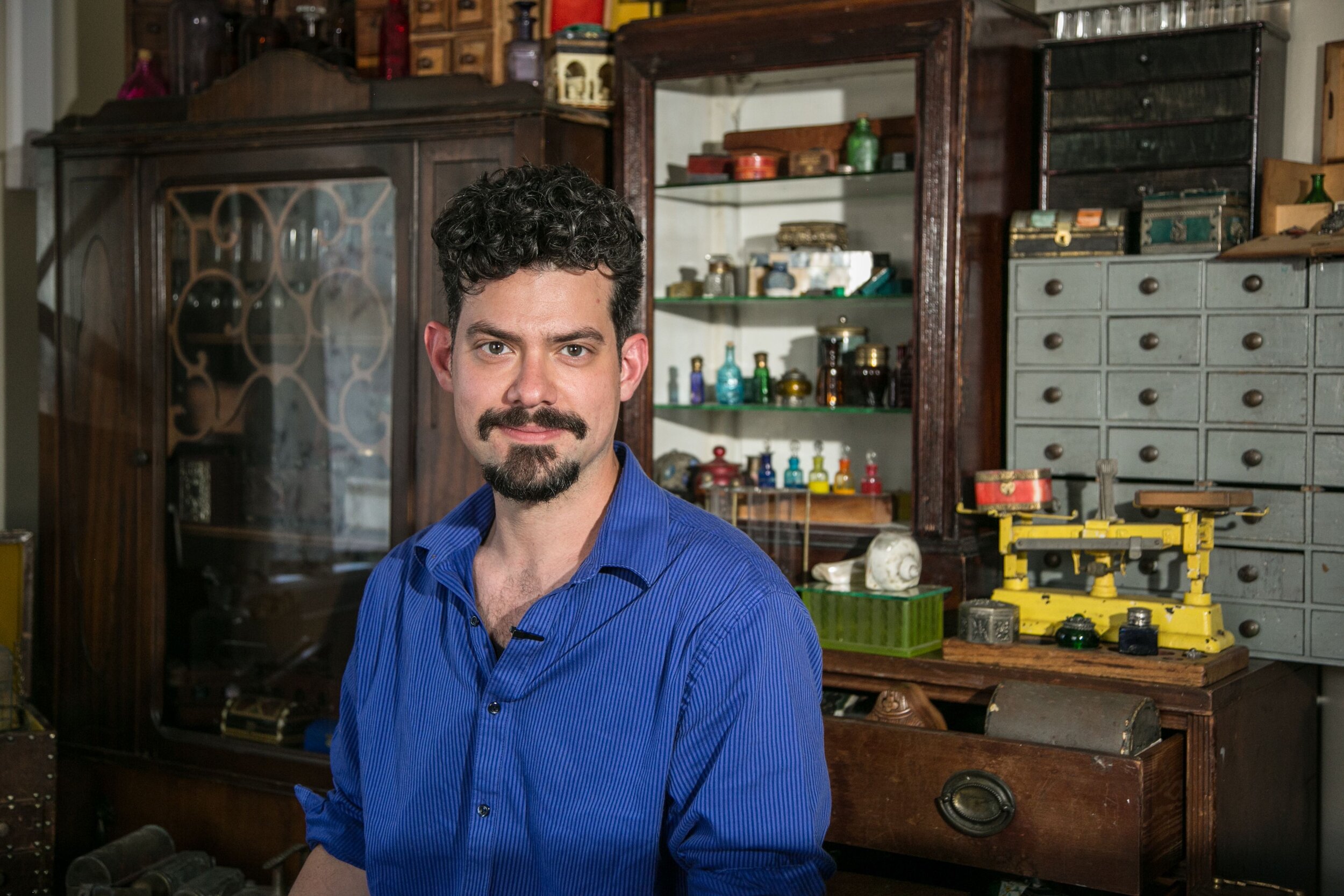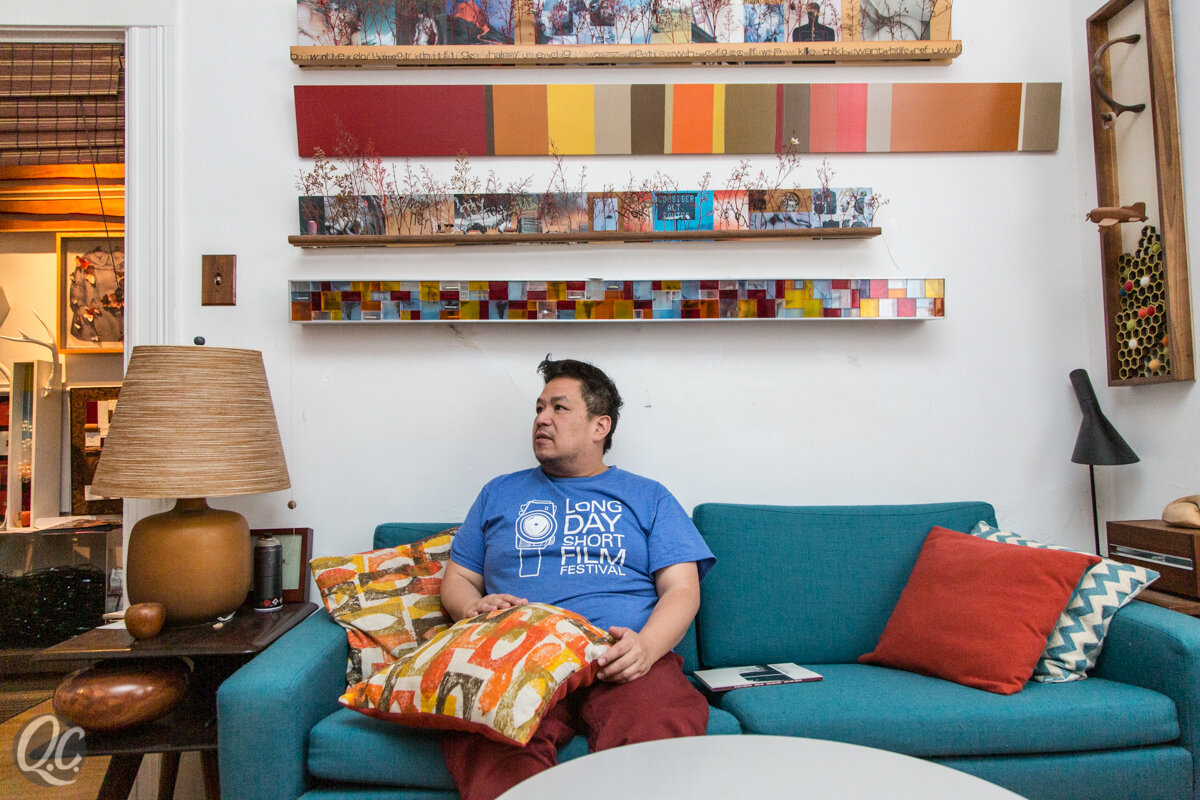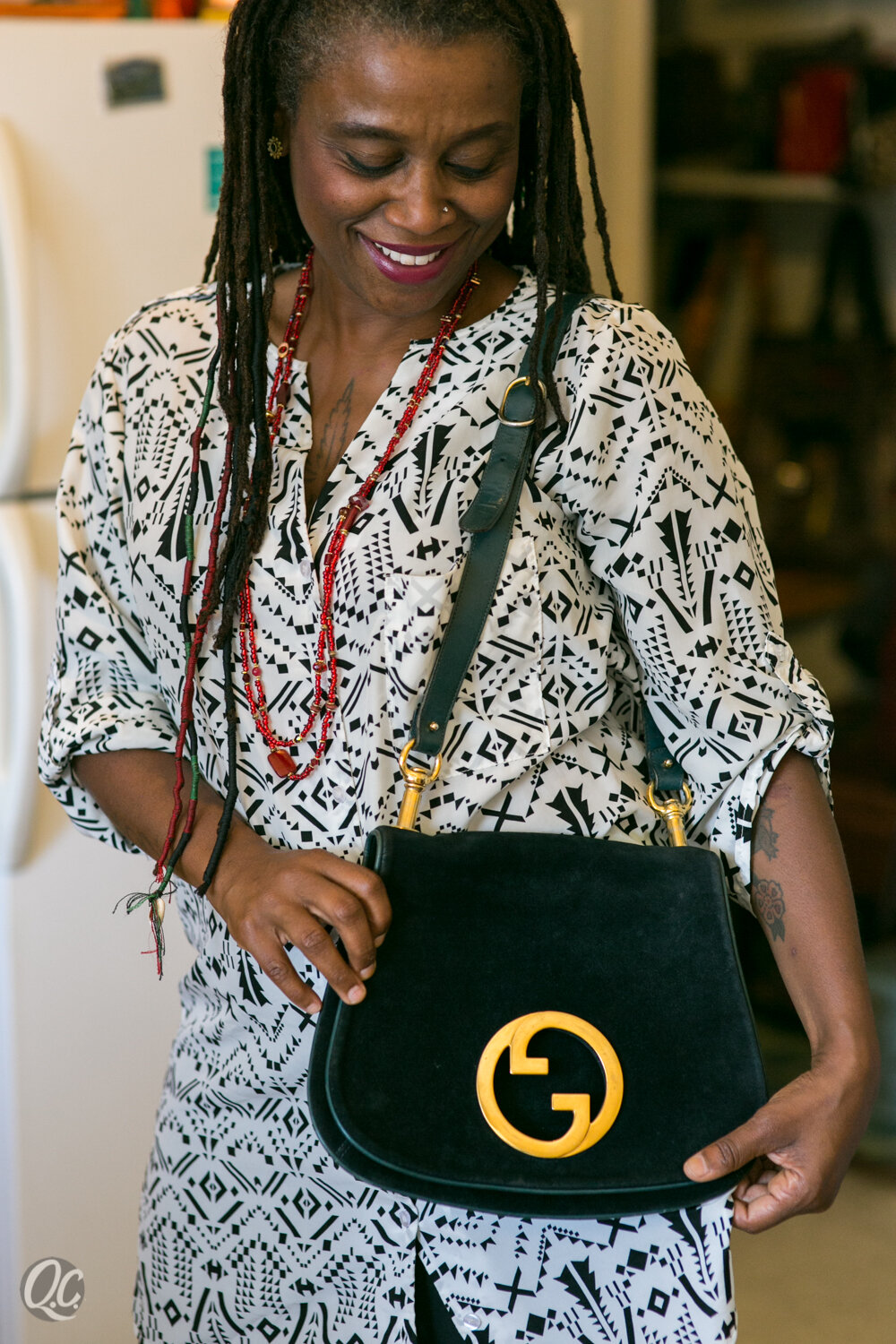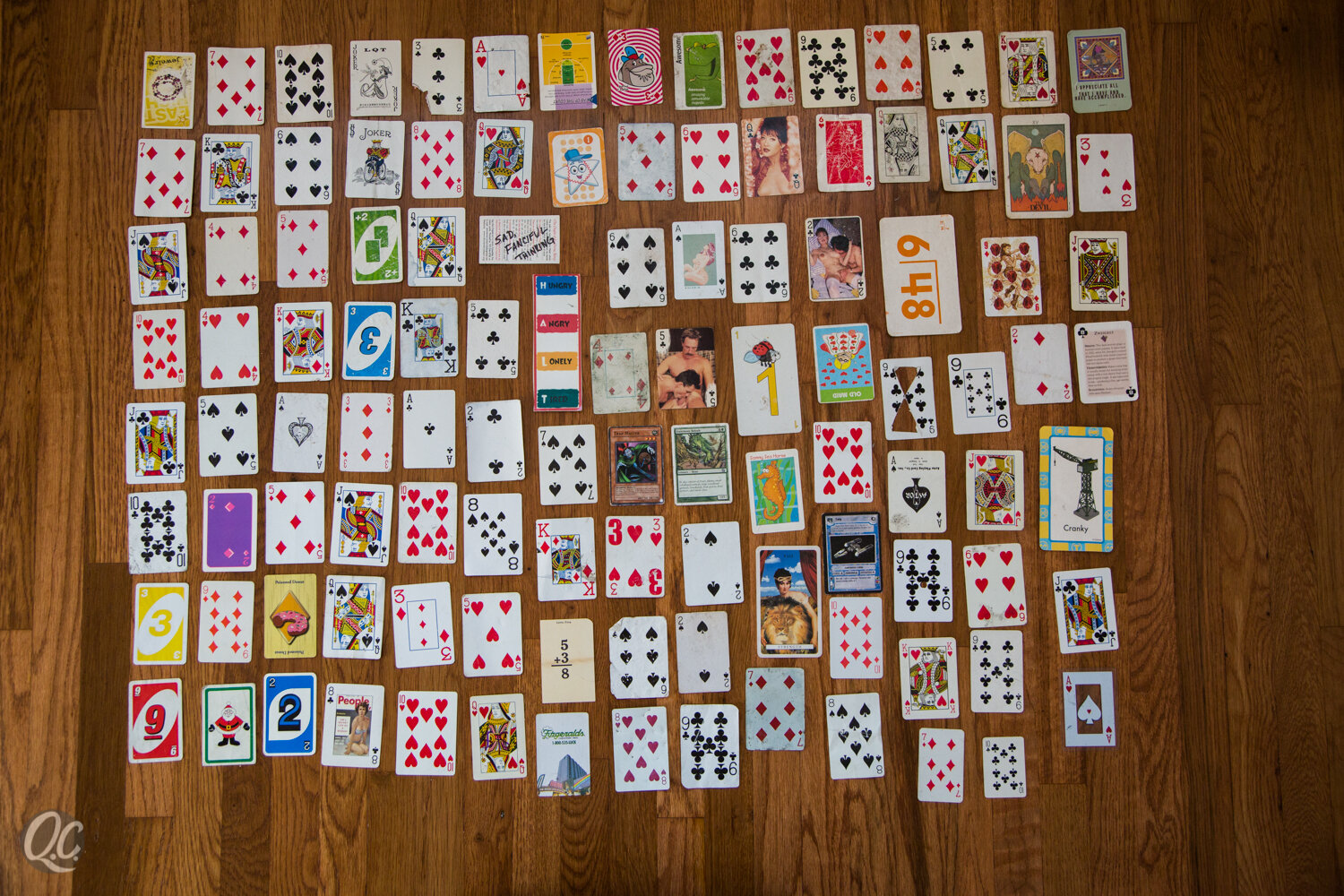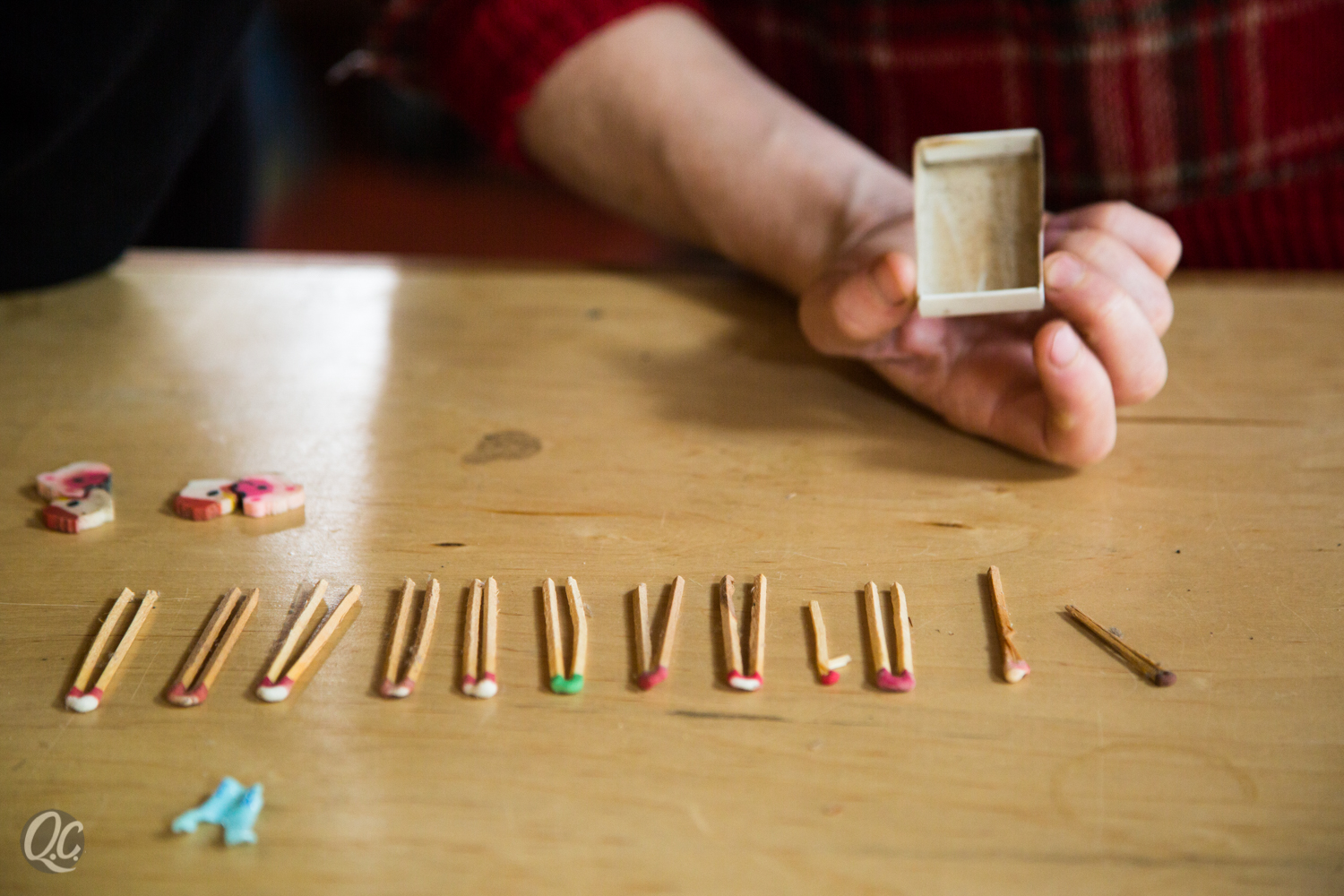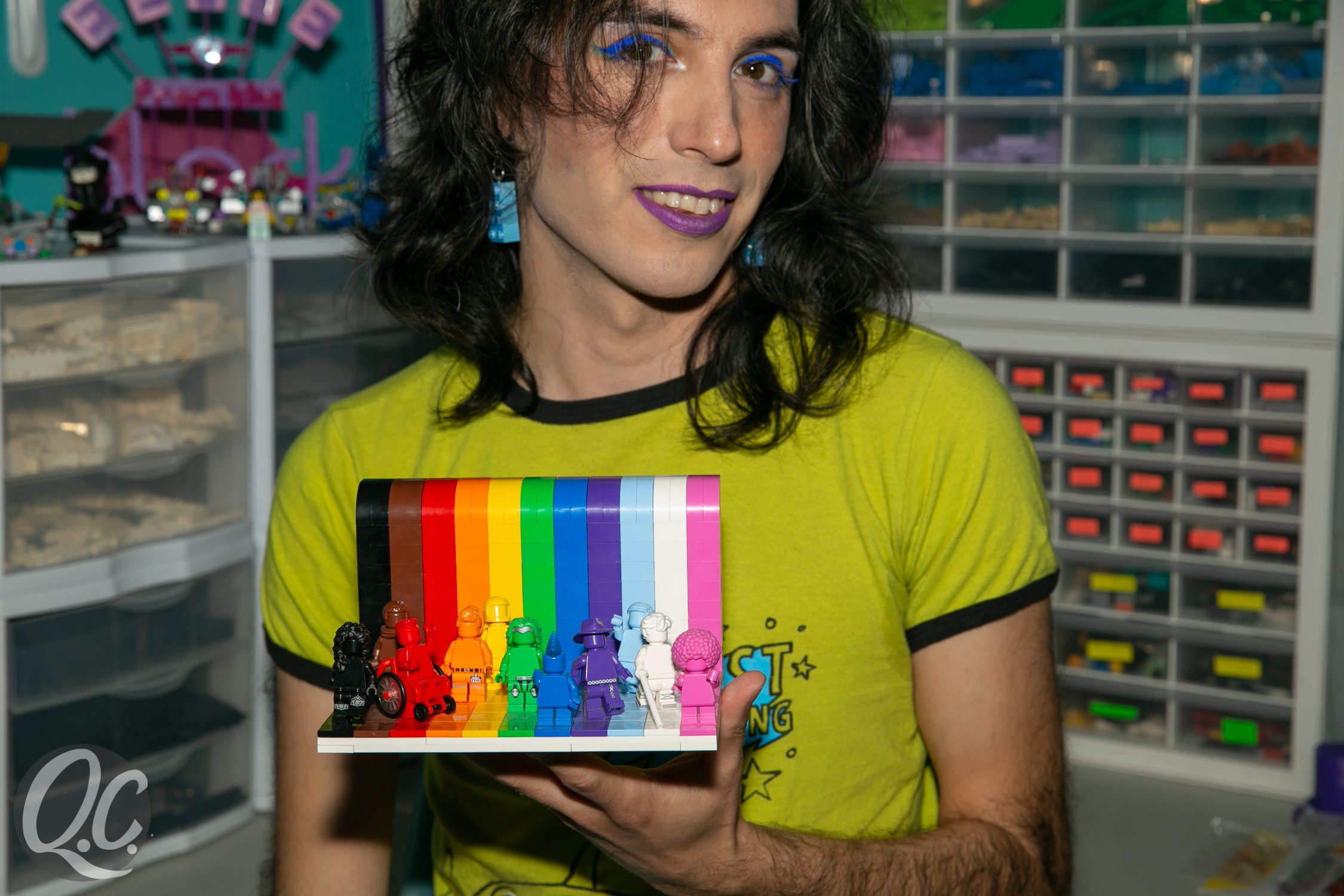The Importance of Tea
Astra Kim talks Tea.
Origins
Astra: I collect tea ware and teacups. I have a lot of different kinds of teacups. The tools through which you make tea are the things that I fixate on. Also, I think they're pretty. Koreans have a tea ceremony, and it can be highly ritualized, or it can be very casual.
Zoe: What is the name of the Korean brewing style?
He was a trickster mentor. He was very mischievous, and he was fun. At the same time, he was also incredibly insightful.
Astra: The Korean brewing style doesn't necessarily have a name. The standard, kind of every day practice/ritual of tea is called Cha do, which is the Korean word for Tea. There is a specific word for tea ceremony called Darye.
The big thing that got me into tea was my grandfather--who was not my actual grandfather. He was a Buddhist monk who was very close to my family. He and my own Grandmother were both very into tea. When tea was happening, it was one of those things where we gathered together and talked. It was an opportunity to really connect with one another and listen to one another. And so over my life, that's what I associated with it.
I live with my grandmother now. I am my grandmother’s caretaker.
Zoe: What is it like to have a monk as a grandfather?
Astra: You know, honestly, it was awesome. He was not my blood relative. This particular monk who I refer to as my grandfather was the head of the temple that my family was a patron of in Korea. He was the one who named me. He was great. He was a trickster mentor. He was very mischievous, and he was fun. At the same time, he was also incredibly insightful. Weirdly enough, he is also the reason that I started to learn more about things like kink because we were talking about different kinds of meditation and he said, “Well, you know, this is something that might be interesting to you when you get older to think about. And he started telling me about rope bondage, and I was like, "that sounds really fascinating." I'm not even going to ask how he knew about it. He knew a lot of things. He was incredibly worldly and had a whole-ass life before he became a monk that I know nothing about it. He could have been a gangster for all I know. It wouldn't surprise me.
Astra: My father is American, but I was born and raised in East Asia, and we moved around a lot. A good chunk of my mother's side of the family also lives in Australia, so I grew up jumping around between the three countries, and we came here more permanently when I was around eight or nine. I did this thing where I would spend like a third of the year in South Korea, a third of the year in Australia, and a third of the year in the U S.
Part of the reason why we moved back here permanently was after my father died, my mother chose where she thought it would be best for me. My father was in the military, and they actually offered to permanently move her back to Korea. The more she thought about it, she realized "it's going to be really hard on my daughter because being mixed race and everything –South Korea is not an easy country to live in--she probably has more opportunities to be whoever she's going to be here in the States."
She wasn't wrong. That was a sacrifice that she made for my well-being, really.
It was hard on all of us for a lot of reasons, but because we were always able to take advantage of the fact that my mother was a military survivor, and I was a military dependent--I actually grew up rather poor—we had access to things like traveling on military planes. So airline tickets were incredibly cheap. I didn't actually pay for a regular commercial airline flight until I was like 21 or 22. And I was like, oh, this is why people can't afford to travel. Shit.
Object Permanence
Zoe: Is there a country you preferred being?
Astra: It really depends. During certain times of my life, I loved being in Korea, but I don't think I could ever move back permanently. Being mixed race is hard. It's changed a lot recently, too, but even now being queer in South Korea is hard.
There are a lot of parts of the country that I miss. It's a beautiful country. It's absolutely a stunning country. I love being there and I love visiting there.
I'm very adjacent to a lot of witches and a lot of people who practice paganism. In terms of witchy practices and things like that, Tea is basically just potion making.
There are things that I love about being here. I have more freedom to be who I am without fear of censure, especially here in the Bay Area. But there are a lot of things here that are incredibly frustrating, like, especially in the Bay Area where everyone likes to think that they're not racist. And it's like, no, you're just in denial about it. At least the other places, they're more honest about who they are. And that gets frustrating. Also, I mean, the government here and the healthcare and public welfare in general is just fucked. So, you know, unless you're incredibly privileged or, you know, privileged enough to be in a good job, good luck getting any kind of basic health care or basic help in general.
Zoe: Would you say, because you really developed your relationship with the tea ritual in a way related to creating family, that you use it that way now?
Oh yeah, absolutely. When friends of mine need just a way to be able to sit down and unwind, I will make tea and sit down and have tea. Usually what that means, is that we are creating a setting that is a safe space for a person to be vulnerable. I will be an active listener and someone who doesn't judge because that's what's needed in that moment.
Astra: I'm very adjacent to a lot of witches and a lot of people who practice paganism. In terms of witchy practices and things like that, Tea is basically just potion making. And so, friends who are witches have included Tea services as part of their rituals.
I've also brewed and served tea at Chinese weddings. Chinese Gong Fu style--the whole point behind it is that it's optimized so that you can really, really extract the flavor of the tea in multiple different types of steepings. And so every time you try it, it's something a little bit different. And that becomes a really, really great connection point and sparking point of, "Oh yeah. Well, what, what are you tasting out of this tea? What are you getting out of it?"
Over time, you're changing the amount of each steep. So the first time you do it, you might do it like anywhere from three to six seconds. And then the next time you might go from five to 10 seconds, and you keep adding time and adding time to see how many times you can get this reboot before it completely loses its flavor. It becomes a great icebreaker as well.
Zoe: Do different sets remind you of different people?
Astra Well, yes. Some of my tea sets were gifts from other people or things I bought for specific occasions, and I still use them. There's definitely that extra hit of dopamine and endorphins that you get from it triggering pleasant memories. Sometimes I might pick one thing in particular because I miss a certain person. And using that thing just reminds me of that person. It becomes helpful during a period of time where, you know, I might have wanted that person's counsel or needed something from that person emotionally. Sometimes they act as a proxy for those people and those connections.
Zoe: it sounds like to me partly because of the way you grew up, that might be very important.
Astra: Yeah, definitely. I moved around a lot when I was a kid and most of my family is far away. It's a lonely country to live in. It's always been a matter of building a life around chosen family and constructing family where you don't necessarily have access to one.
When you're a child and you don't have the benefit of object permanence--of being in one space for a long time-- children tend to do things like fixate on certain objects to create that comfort. And that was definitely one of the things that I fixated on-- the tea ceremony stuff and the tea, the act of tea making and all that stuff. Ever since I was a kid, that was definitely something I fixated on.
Zoe: I think you're describing the idea of like being in a lonely country and having something that you can fill that is empty.
Astra: Yeah, absolutely. I never really thought of it in that way--of having it be an empty vessel that you can fill, but you're right.
So many queers get rejected by their families and are forced to have to rebuild that elsewhere outside of the people who are blood related to them. And I actually make that distinction a lot, too. I make a distinction between my family and my relatives, and sometimes I'm lucky enough that my family also shares blood with me, but it's not required.
Astra Kim (she/her/sometimes they) is a Bay Area-based polymath, language nerd, and tea nerd. She occasionally moonlights as a stage manager, production manager, set builder, and live-show photographer around the Greater Bay Area. During the pandemic, she has been scratching her photography itch by dabbling in food-photography. You can catch her leading a band of misfits putting together the Clockwork Alchemy Steampunk Convention in mid-March 2022.
















